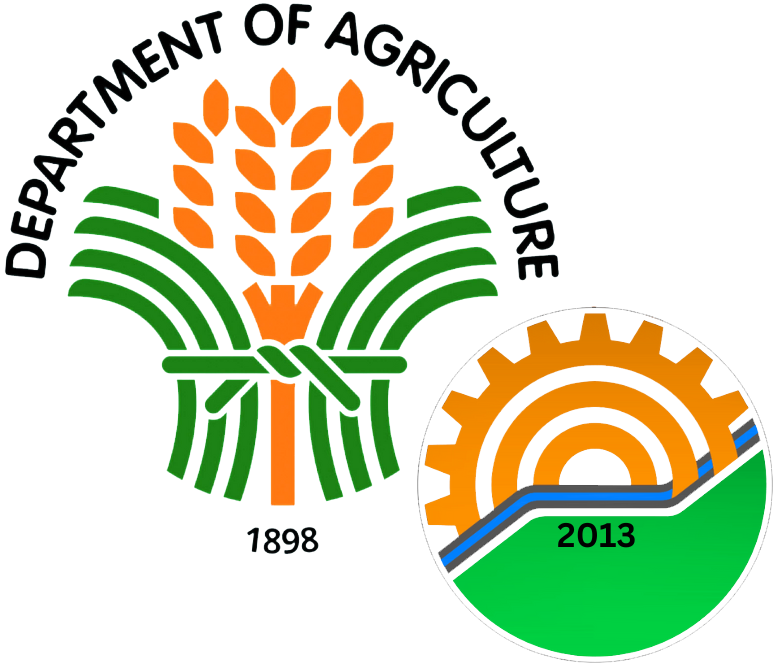
Energy has an indispensable role in food systems. According to the Food and Agriculture Organization (FAO), agriculture is responsible for about 30% of the world’s total energy consumption.
Meanwhile the energy demand of the Philippine agriculture and fisheries sector has significantly increased over the past decades. Based on data from the Philippine Energy Situationer (2019), out of the 471.7 kTOE (kilo ton of oil equivalent) consumed by the agri-fisheries sector in 2019, more than 50% or 239.9 kTOE is accounted for by electricity, while 227.6 kTOE is attributed to fossil fuels or petroleum products like diesel, gasoline, fuel oil, and kerosene.
Depending primarily on petroleum products or fossil fuels to power farming and fishing activities, the country’s agri-fisheries sector needs to consider alternative sources to meet the rising energy requirement amid a growing population and the threat of climate change. Burning of fossil fuels causes climate change which is the long-term shifts in ambient temperature and weather patterns.
As food value chains undergo rapid modernization, alternatives to fossil fuels are necessary to ensure that food systems are secure, environmentally sustainable, and resilient. Renewable energy (RE) sources have the potential to substitute fossil fuels and provide a more sustainable and clean system for the agri-fisheries sector.
Engr. Jun Magpantay, a former professor at Mapua University, asserts that one way of combatting climate change is to “limit the use of fossil fuels and convert to renewable energy.” Renewable energy or RE is made from resources that nature would replace like wind, water, and sunshine. RE is also called clean energy or green power because it does not pollute the environment and its use helps slow down the harmful effects of fossil fuels, he explained.
In 2008, the Republic Act No. 9513 or Renewable Energy Law was enacted to develop, utilize, and commercialize renewable energy resources in the country. Projects not only on solar energy but all other aspects of RE have been rolled out since then.
The shift from fossil fuels to RE reduces the dependence and vulnerability of the agri-fisheries sector to fluctuations in the price of imported oil and could potentially reduce cost of producing food.
Acknowledging the important role of RE in meeting the energy needs of Filipino farmers and fisher folk, the Department of Agriculture (DA) and the Department of Energy (DOE) signed a Memorandum of Agreement (MOA) for the formulation and implementation of the Renewable Energy Program for the Agriculture and Fisheries Sector (REPAFS).
REPAFS is part of the government’s interagency collaboration on boosting food and energy security through the utilization of cost-efficient RE sources in the agri-fisheries sector.
DA-BAFE Assistant Director Engr. Juana Tapel, PhD said that the DA through the Bureau of Agricultural and Fisheries Engineering (DA-BAFE) will spearhead REPAFS by undertaking institutional development and capacity building activities that highlight valuable economic benefits of RE in agri-fisheries such as reduction in energy requirement and lowering of production costs. Farmers cooperative and associations (FCAs), individual farmers and fisherfolks among other stakeholders will benefit from the development of RE technology applications for the food value chain.
Based on interventions from 1988-2021, existing RE projects implemented by the government for the agri-fisheries sector are about 4,288 units nationwide comprising different RE sources such as biomass, hydro, solar, and wind.
RE technologies have been integrated into several production and postharvest operations. Some of the RE projects implemented by various government agencies are solar powered irrigation systems (SPIS), solar-PV power systems (grid-tie and off-grid), solar PV for street lighting, solar-powered aquaponics system, solar-powered venturi aeration system, wind-powered irrigation system, ram pump irrigation system, biomass furnace and gasifier, small-scale biogas plant, and hydropower project. ###Marshall Louie Asis
















